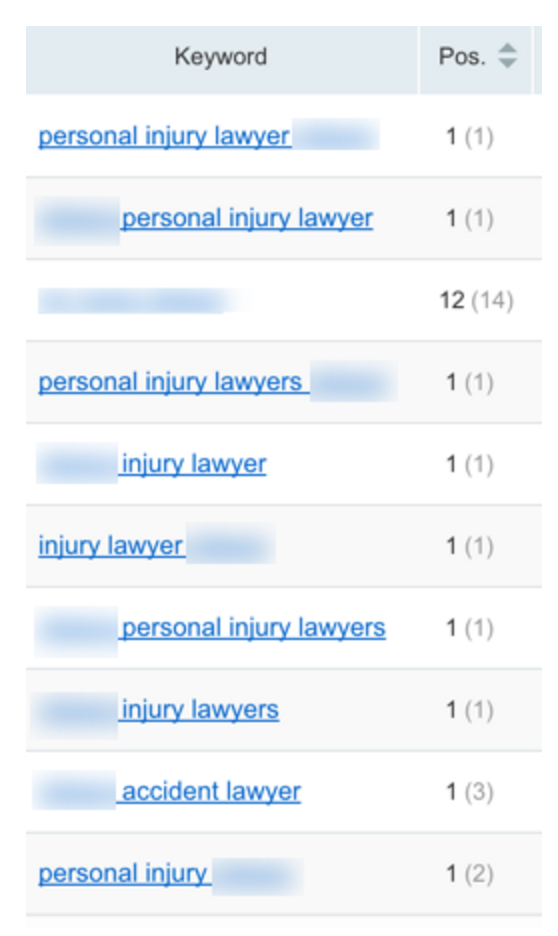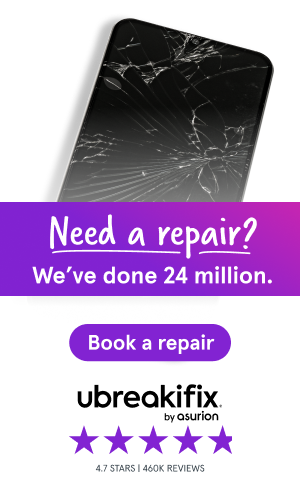JoyHawkins
Administrator
- Joined
- Aug 23, 2014
- Messages
- 5,488
- Solutions
- 70
- Reaction score
- 2,954
I wanted to ask how you guys treat the Disavow Tool. Do you regularly check clients' backlinks and disavow ones that look spammy/bad or do you only do it for clients initially who have a lot of bad links and are at risk for Penguin impacting them?






